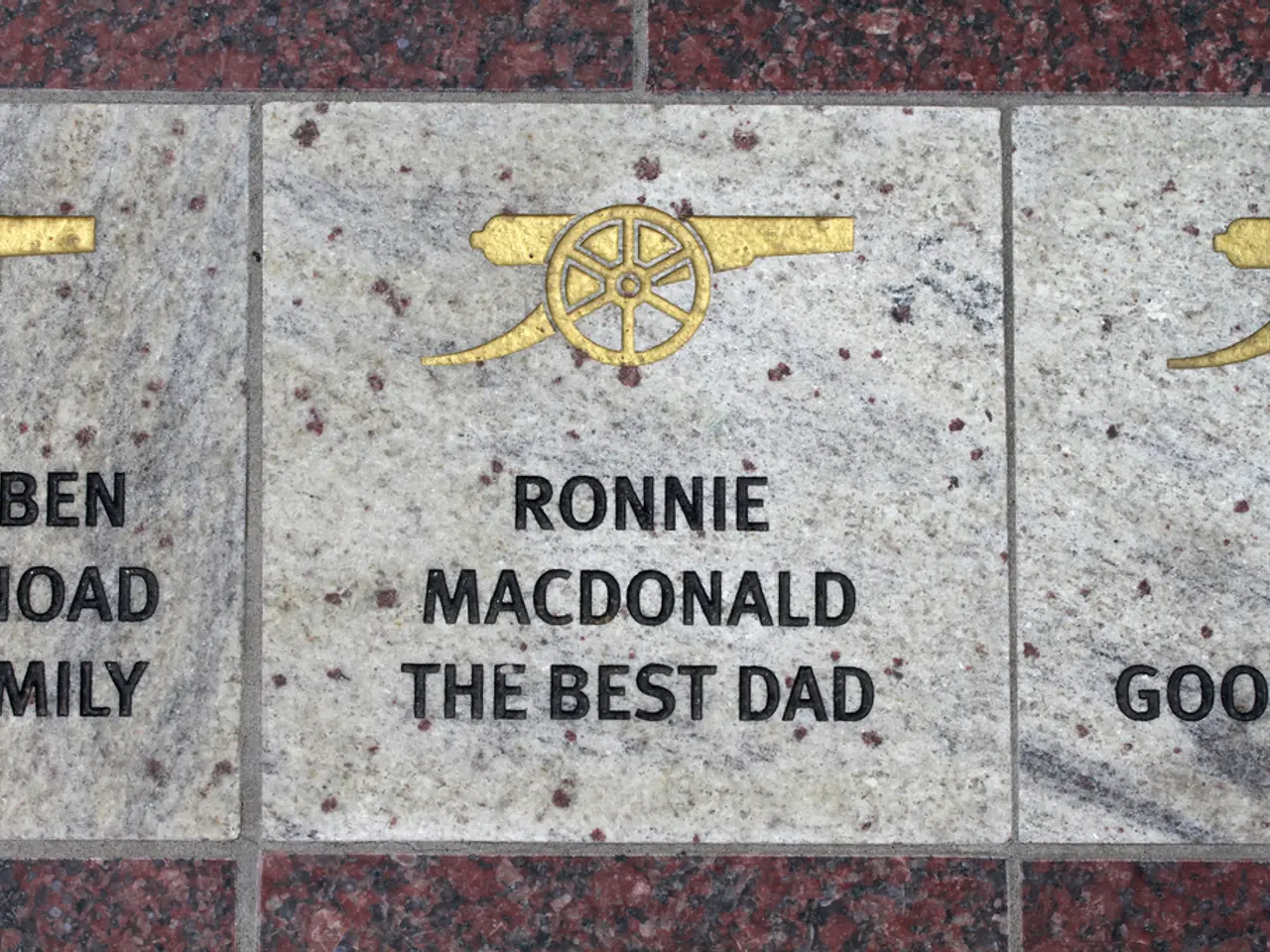Investigations into regional historical studies conducted in the context of dissertations since the year 2013
=========================================================================================
The University of Innsbruck is home to a vibrant community of researchers delving into various aspects of history, culture, and society. One of the key figures leading these research projects is Dirk Rupnow, whose work primarily focuses on Holocaust studies, memory culture, and the history of National Socialism.
Rupnow's projects, often interdisciplinary and collaborative, explore the persecution of marginalized groups such as the Roma and Sinti, the broader impacts of the Shoah, and post-war Jewish history. A notable example is his supervision of Martina Rabensteiner's study on the untold story of the controversial drug, Contergan, and its consequences in Italy and South Tyrol.
Other researchers under Rupnow's guidance include Anita Konrad, who is examining the nutritional and eating culture of the Pizza Tirolese from a migration history perspective. Verena Sauermann is tracing migration stories in an Austrian small town, while Gerda Hofreiter is compiling a prosopography of the expelled Jewish children and youth in the Gau Tirol-Vorarlberg.
Beyond Holocaust studies, Rupnow's research intersects with cultural memory and the politics of remembrance. This is evident in co-edited works on National Socialism in the Ötztal and various memory culture projects. His projects also engage with survivor testimonies, post-war Jewish self-representation, and the restitution of cultural heritage affected by Nazi policies.
The interdisciplinary and collaborative nature of these projects, involving institutions such as the University of Vienna and Holocaust research institutes, underscores a comprehensive approach to understanding the mechanisms and consequences of historic injustices in Central Europe.
Other scholars at the University of Innsbruck are engaged in a diverse range of research. For instance, Magdalena Pernold is examining the change in discourse on the Brenner Motorway from 1950 to 1980 in Tyrol and South Tyrol. Christian Mathies is studying the Tyrolean School in the 'Corporate State' 1933-1938, while Andreas Romen is investigating the iconography of soldiers' cemeteries in the Italian-Austrian Alpine Region.
Meanwhile, Andrea Urthaler is exploring the New Women's Movement in South Tyrol, and Severin Ismael Holzknecht is comparing citizens' initiatives against the Ruethi Power Plant and For the Bodensee Ship 'Vorarlberg'. Irmgard Bibermann completed a study on videographed eyewitness interviews in history class, while Thomas Michael Lintner delved into the Tyrolean Question 1918/19.
In the field of social movements, Marcel Amoser is researching urban history in Innsbruck from 1968 to 1989, while Peter Johannes Andorfer is examining the worldview of a farmer around 1800.
In the realm of cultural heritage, Christian Lechner is working on the history of the Innsbruck Anatomical Institute, and Karlheinz Bachmann is studying the development of South Tyrol's firefighting system from World War I to the founding of the South Tyrol Volunteer Firefighters' Association in 1955.
Lastly, Claudia Rauchegger-Fischer is examining the life narratives of Tyrolean women of the Bund-Deutscher-Mädel generation, and Manuel Raffin is investigating the Brunecker Soldiers in the Wehrmacht and the Waffen-SS during World War II.
These diverse research projects at the University of Innsbruck reflect a commitment to advancing scholarship that critically examines historic events, promotes education, and fosters remembrance culture. This scholarly endeavour is essential in ensuring a comprehensive understanding of the past and its ongoing impact on society.
[Image: Unipress Innsbruck from 27.10.1972, No. 1, WS 72-73.]
References:
- Unipress Innsbruck, 27.10.1972, No. 1, WS 72-73.
- [4] Wiener Wiesenthal Institute for Holocaust Studies.
- [3] Projects addressing the genocide of Roma and Sinti during the Nazi era.
- [1] Co-edited works on National Socialism in the Ötztal.
- [2] Various memory culture projects.
- [3] Projects linked to Rupnow also engage with survivor testimonies.
- [4] Interdisciplinary and collaborative nature of these projects.
- [1] Collaboration with the University of Vienna and Holocaust research institutes.
- [2] Projects reinforcing a thematic continuity around the effects of National Socialism and Holocaust legacy.
In the field of education and self-development, these diverse research projects at the University of Innsbruck aim to promote a critical understanding of historic events through a comprehensive approach to the mechanisms and consequences of injustices in Central Europe, such as Holocaust studies, memory culture projects, and the exploration of survivor testimonies. By fostering remembrance culture, these scholarly endeavors ensure an ongoing evaluation of the past's impact on contemporary society.




